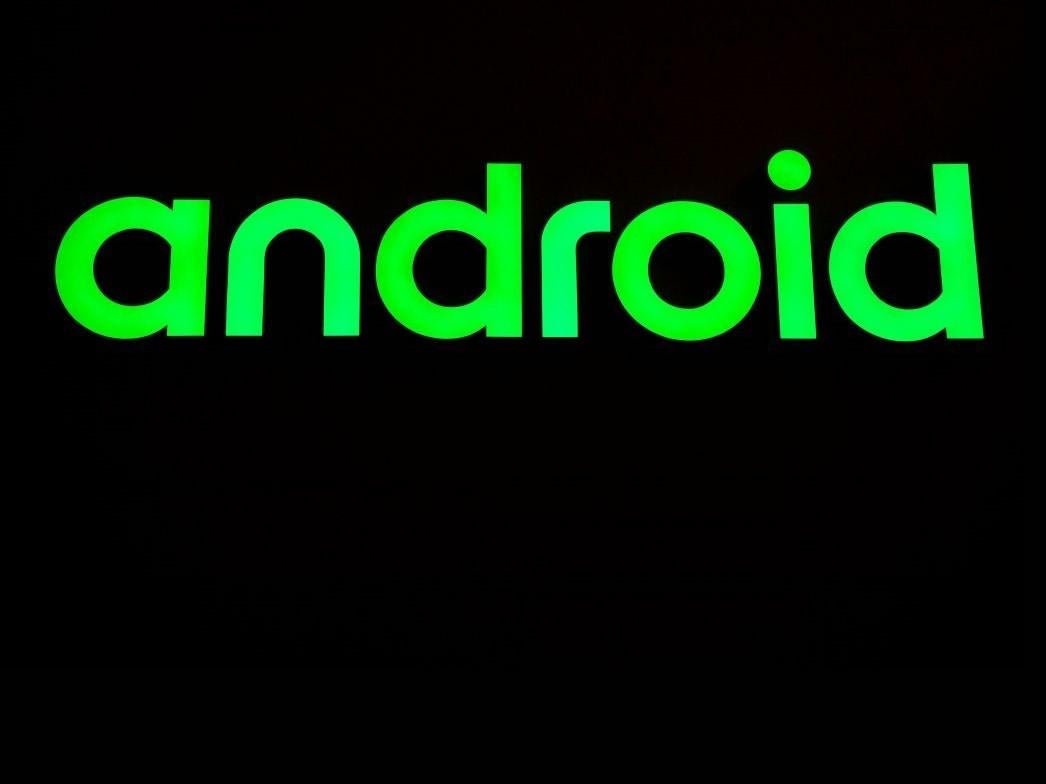Android 10: All the new features to expect from Google's latest operating system
With the release date almost upon us, here's everything you need to know
The latest version of Android will be one of the biggest updates to Google‘s mobile operating system in its 11-year history.
Originally thought to be called Android Q, Android 10 will come crammed with new features – some of which may prove controversial among users.
Here’s a run down of everything we know so far.
Brand new name and design
For the first time since Android first launched in 2008, Google’s mobile operating system will not be named after a sweet treat or desert. The successor to Android Pie will simply be called Android 10.
It is part of a major overhaul to the world’s most popular OS and is designed to make it easier for users to understand which version of Android is the latest one.
“As we continue to build Android for everyone in the community, our brand should be as inclusive and accessible as possible,” Google explained in a blog post announcing the changes.
As part of the design update, Google will also change the logo and colour scheme of Android to give it a “more modern, accessible look”.
The colour of the logo will change from lime green to black to make it easier for visually impaired people to see, while only the top half of the robot’s head will now appear on the logo.
Beefed up security and privacy
With more than 2.5 billion devices around the world using Android, security has become a major concern for the developers of the OS.
Just last month, cyber security researchers revealed that scam apps on Google Play had been downloaded more than 8 million times by Android users.

In an effort to better protect its users, Android 10 will now require all apps to request permissions more frequently when accessing things like a person’s location data.
The Privacy and Location menus will also be placed in the same spot in the Android Settings menu, regardless of which device the operating system is running on.
Improved encryption will also be introduced, with support for the TLS.13 standard now coming as the default setting.
Dark mode, folding phones and other new Android 10 features
Android 10 is expected to include support for foldable phones, allowing the interface to seamlessly transition between different screen shapes.
Both Samsung and Huawei are planning to launch folding phones later this year in the form of the Galaxy Fold and the Mate X.
Their launch has been delayed due to issues with the folding mechanism, though this delay may also have given a chance to the world’s top two phone makers to release the devices with the new and improved operating system.
One of the most hotly-anticipated updates to Android 10 will be the introduction of a system-wide dark mode. Users will be able to switch it on and off directly from the Quick Settings menu.
Arguably the biggest change to Android 10’s design is the removal of the back button. Alongside the Home and app tabs buttons at the bottom of the screen, the back button has been a stable of the Android OS since its inception.
In its place comes a gesture-based method of navigation, which requires users to swipe the screen from the left or right to go back, depending on the settings.
As with any major change, the removal of the back button is likely to prove divisive among long-term Android users.
Android 10 release date
Google appeared to accidentally reveal the release date of Android 10 in August, when two separate customer support agents let slip its arrival during online chats with customers.
When asked when the new operating system would be rolled out for the Google Pixel 3a smartphone, both agents said it would arrive on 3 September, 2019.

Google does not officially comment on rumour or speculation, however Android updates suggest it will first be launched on Google’s Pixel range of smartphones.
It is expected that all versions of the Pixel, Pixel 2 and Pixel 3 will be the first to receive the new mobile operating system, despite the fact the original Pixel phone is outside of Google’s stated two-year support window.
Other manufacturers that make use of Android, such as Samsung and Sony, will then receive the new OS in the coming weeks and months.
Join our commenting forum
Join thought-provoking conversations, follow other Independent readers and see their replies
Comments
Bookmark popover
Removed from bookmarks